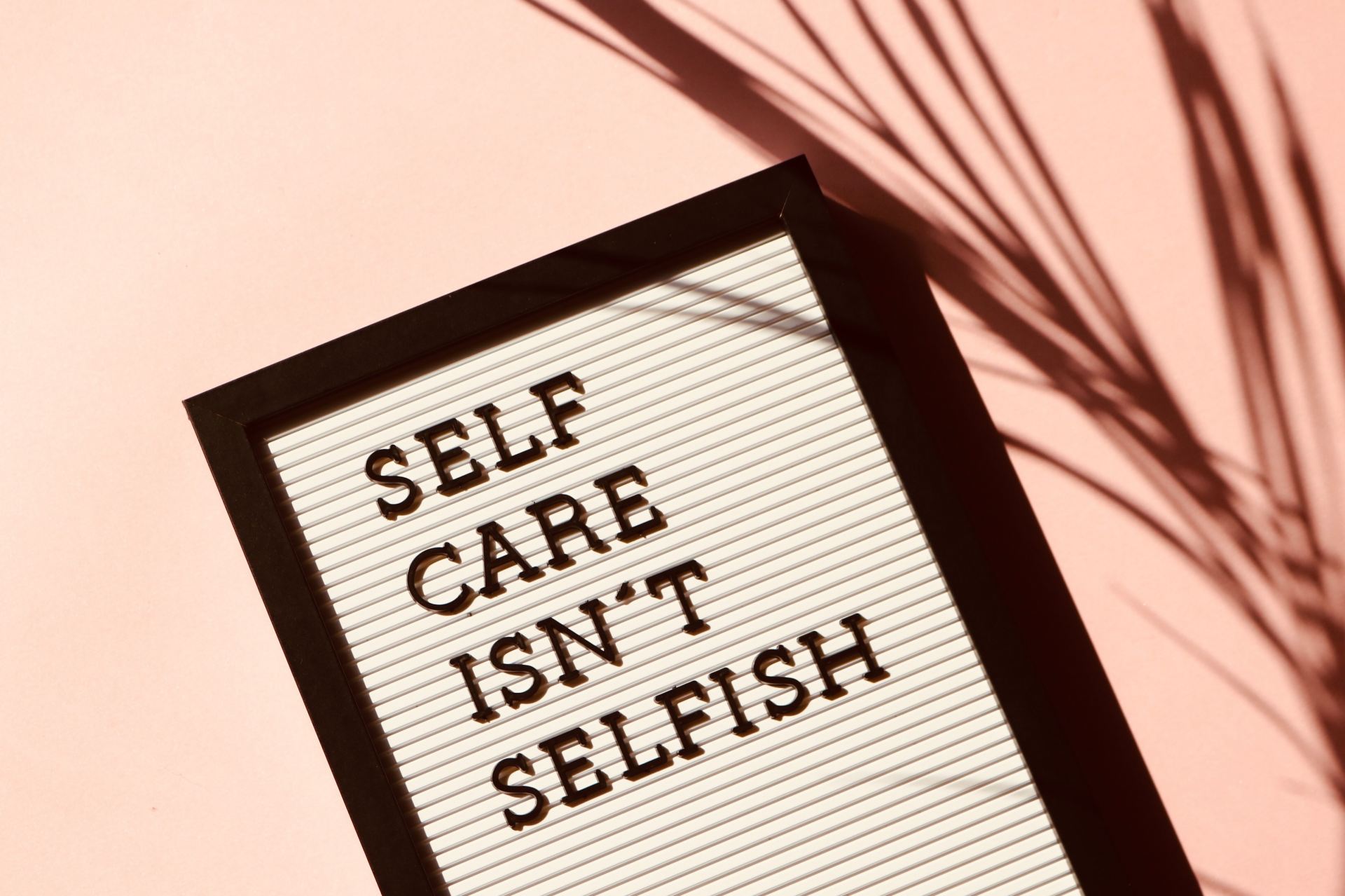Hi there! I'm Izabela, and I'm a 3-year International Tourism Management student from Poland. I'm passionate about travelling and all things around social media, including blogging!

This year, Mental Health Awareness Week runs from 9-15 May 2022, with “loneliness” as the main theme. This is the perfect time to reflect on our well-being and think about the steps we could undertake to address the mental health issues. But before we think about what we could do to improve our mental state, let’s have a look at the history of the Mental Health Awareness week and the purpose of it 🙂
History behind Mental Health Awareness week
Long story short, Mental Health Awareness week is an annual event that allows people in the UK to focus on their mental health and well-being. Each year, there is a different theme which is set by the Mental Health Foundation who actually started the event 21 years ago. The organisation itself was founded in 1949, becoming the UK’s biggest charity focused on mental illness with their mission to:
“help people understand, protect and sustain their mental health”
The purpose of Mental Health Awareness
There is no doubt that mental health is a crucial, but often a neglected aspect of our life. Many people still don’t feel comfortable with asking for help, or don’t really know who to ask. Moreover, with the Covid-19 pandemic having taken a serious toll on our lives, there have been a great amount of people saying that their mental health deteriorated during that time, mainly due to loneliness. This is why addressing mental health issues is extremely important in our society and the Awareness Week allows people who are struggling to feel understood and heard.
Small steps you can do to improve your mental health
1. Be around nature
Being around nature does have a therapeutic power on our mental health. It allows us to feel calmness, joy and all the positive emotions in general. With this in mind, try to make a habit of “mental health walks” 2-3 times a week to see if your well-being is improving. There are plenty of green spaces in Lincoln, but if you have no idea where you can go to, this article is your guide!
2. Start a gratitude journal
Gratitude journal is a great tool when it comes to dealing with our emotions and feelings. Expressing gratitude can help you appreciate all the good things in your life, which then results in feeling happier and more positive. Feel free to check this article, which is all about the benefits of having a gratitude journal 🙂
3. Talk to someone
I know this may sound simple, but if you ever feel like your mental health is getting worse, please don’t hide it from others and try speaking to someone. This could be anyone you feel comfortable with – your family member, your friend, or maybe even some online chats/forums. Talking about your feelings will definitely give you a sense of relief and you never know, maybe the person you’re talking to has some great advice that could give you a fresh light on the issues you’re struggling with.
Also, there is a lot of support available from University – they have a special page on their website solely dedicated to the well-being issues. Please check it out to find some words of advice.

Here are some other useful resources all about helping those with mental health issues:
Mind – mental health charity in England and Wales
Mental Health Foundation – a guide for students dealing with loneliness
Please remember that you’re not alone and you don’t have to be ashamed when asking for help.
- Topics
- Anxiety
- Mental health
- Mental wellbeing



